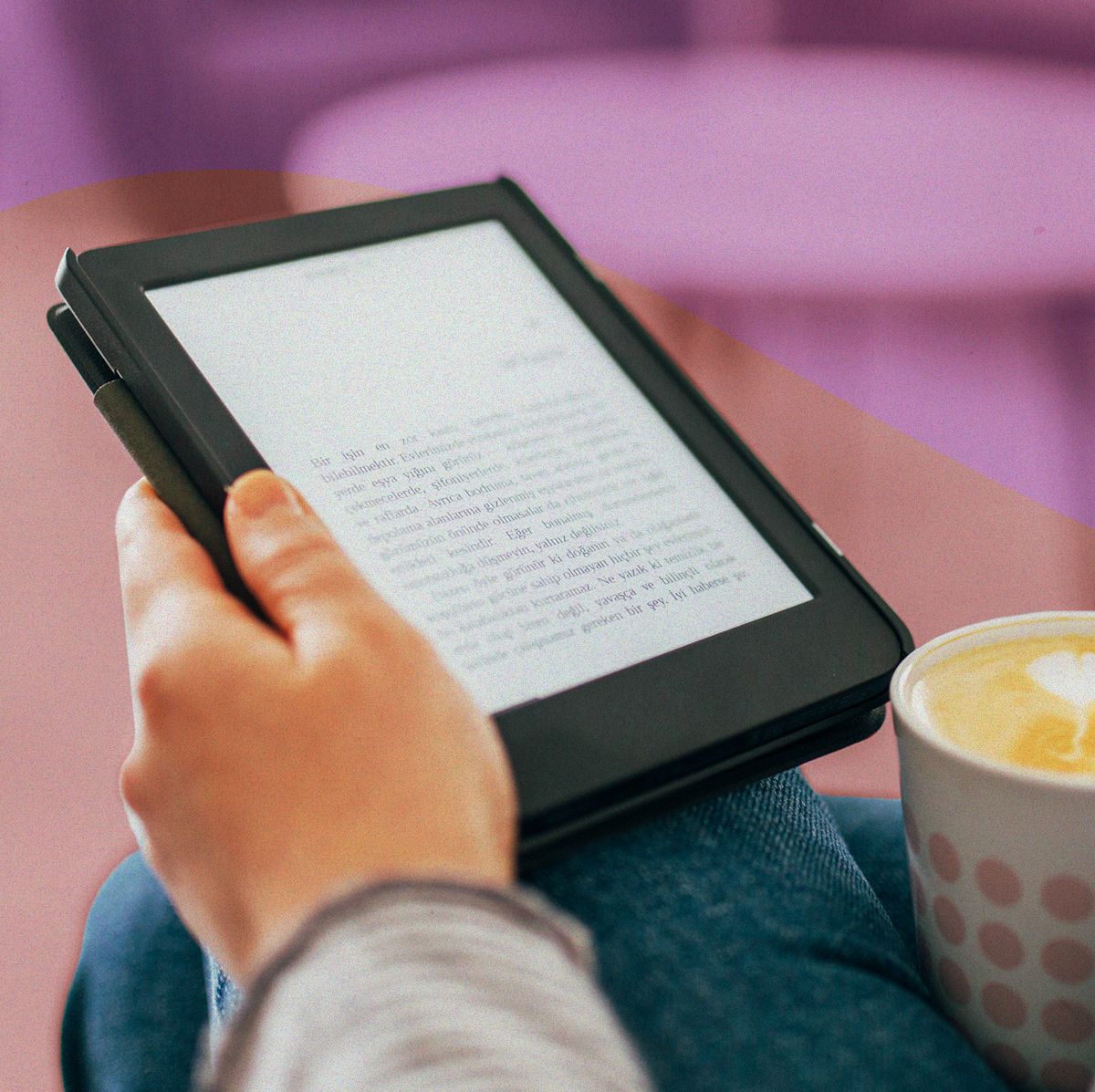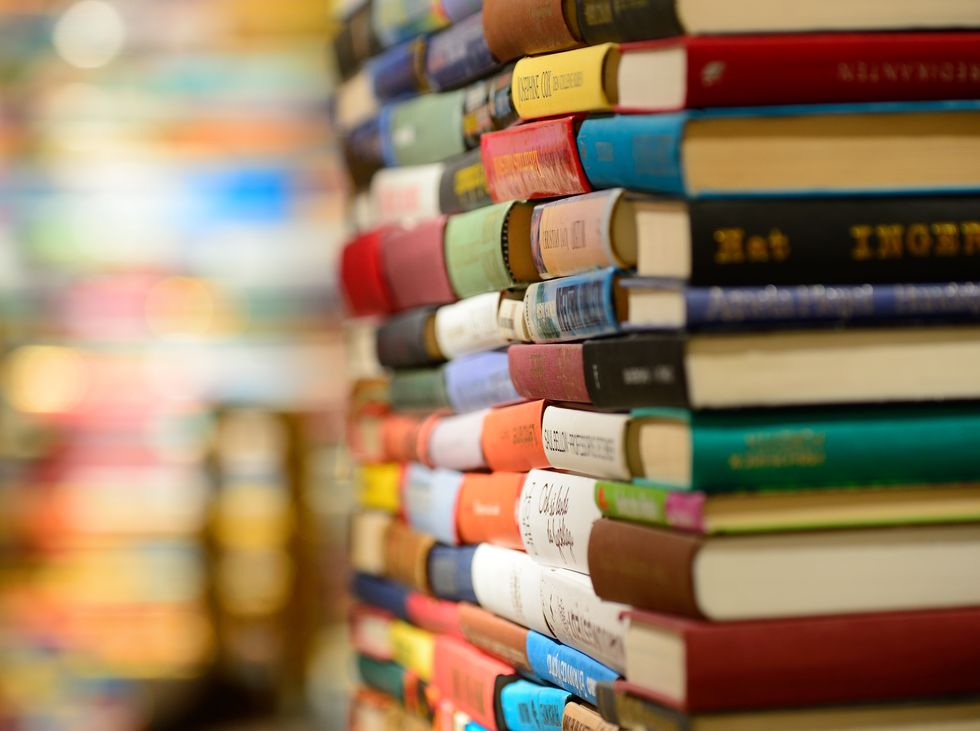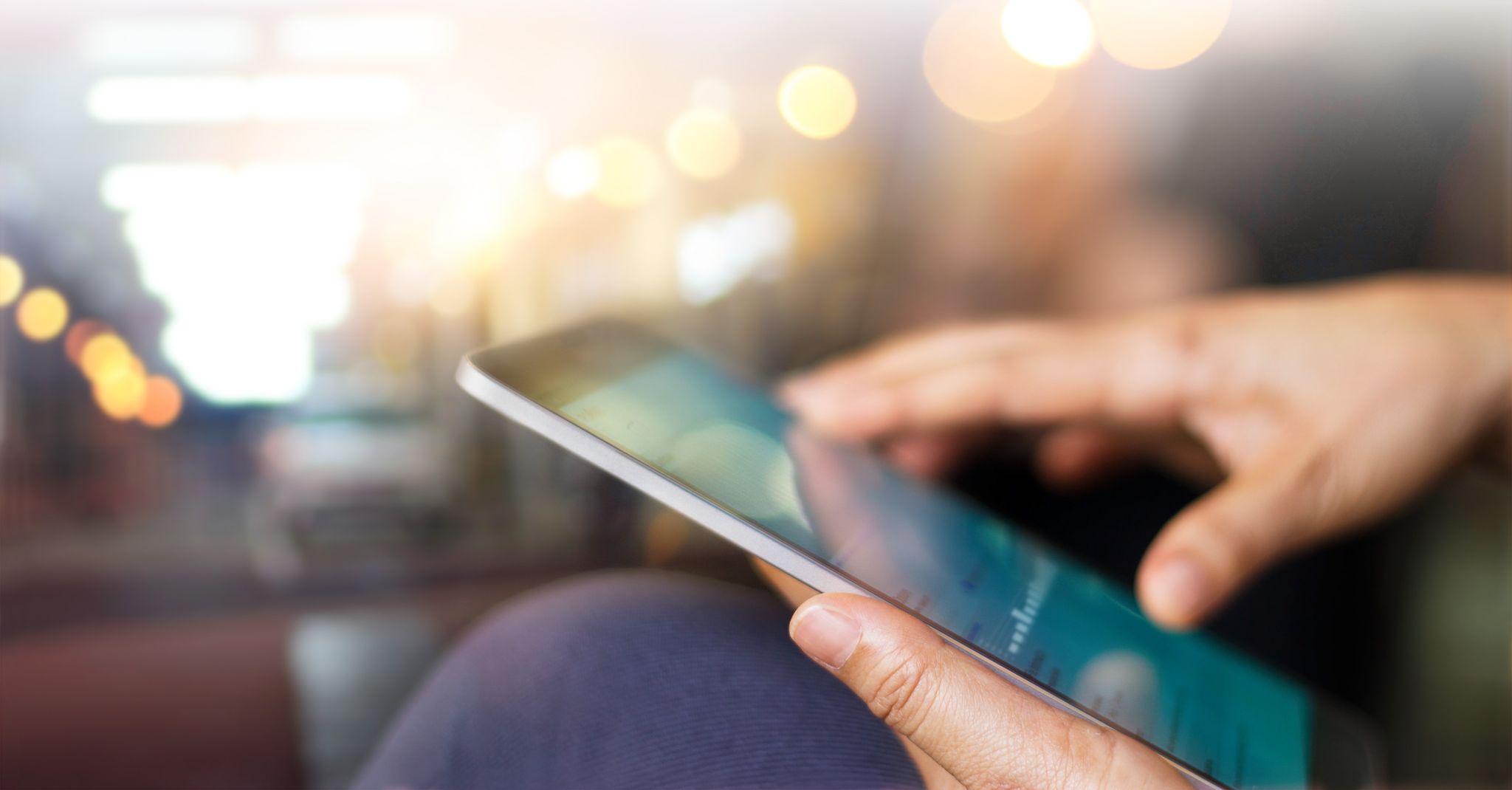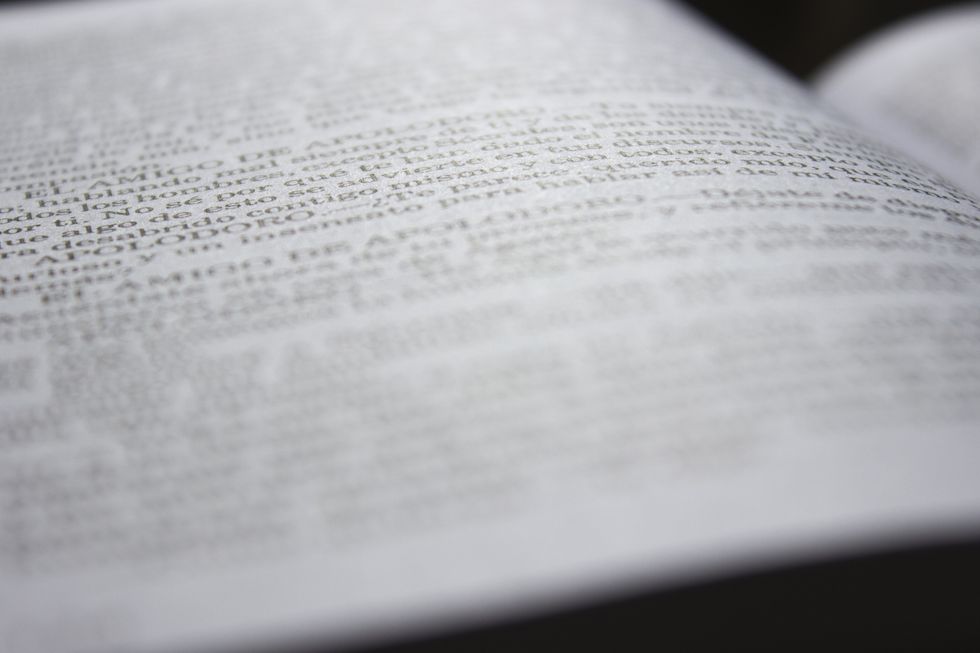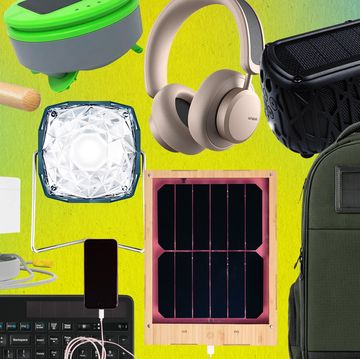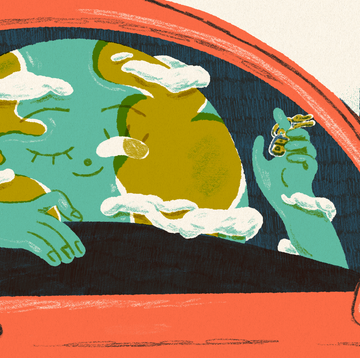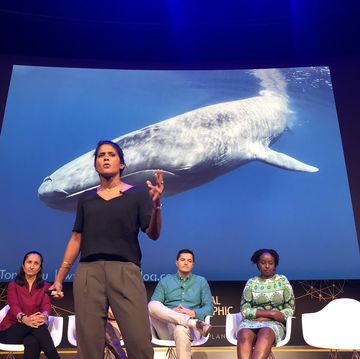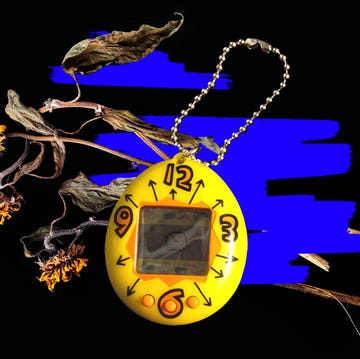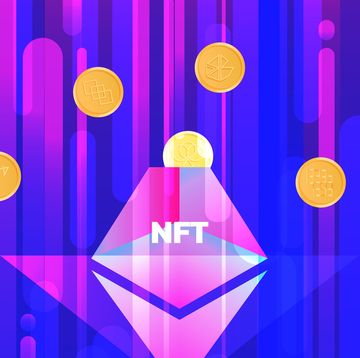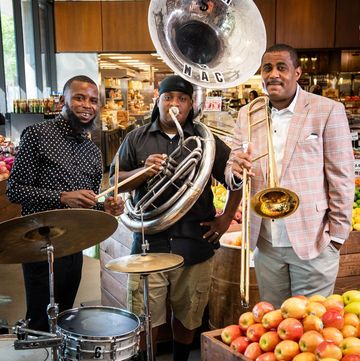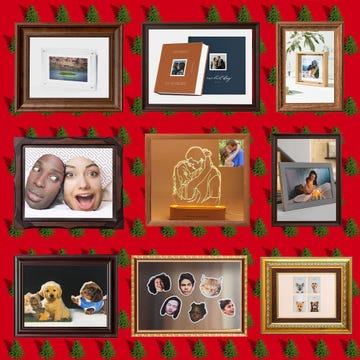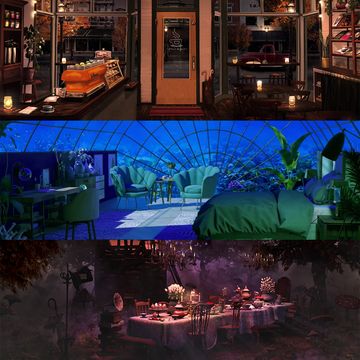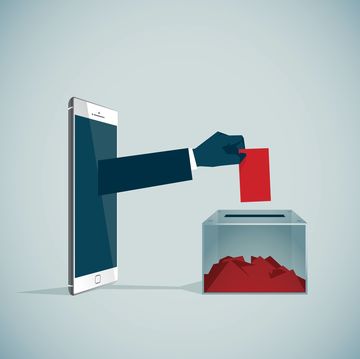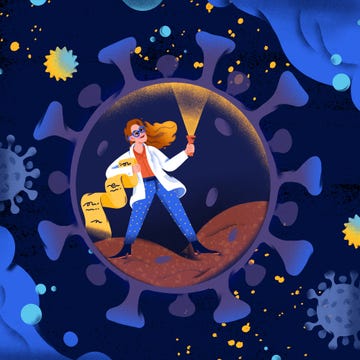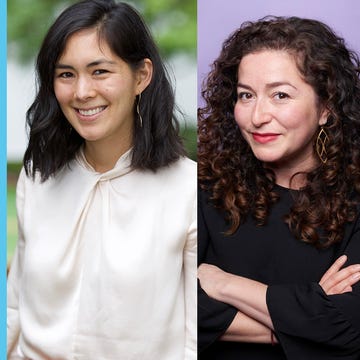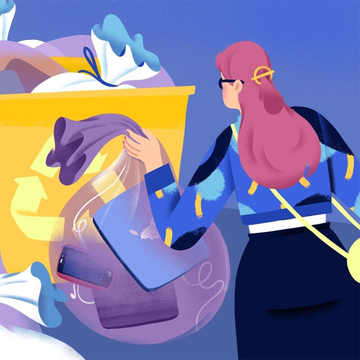Books have been my savior for most of my life. As a chubby preteen, I would spend countless hours at the Benning Road Library in northeast Washington, D.C., to escape a life that wasn’t always kind. Through the pages, I traveled the world and visited lands that were so far removed from my reality.
I inhabited those worlds so convincingly that, once in the fourth grade, I held the class spellbound for nearly an hour as I recounted my adventures with a make-believe godfather to Paris and London. My teacher, Mrs. Beatrice Wallace, was so pleased that she called my mother, telling her how wonderful it was that I had been allowed to travel so extensively at a young age. My mother was caught off guard and in shock, so much so that she thanked my teacher and quickly ended the call.
Later, when my mother asked me just exactly when I had been to Europe, I matter-of-factly looked at her and replied, “I’ve been there vicariously.” Mrs. Wallace, not long after, learned the truth and encouraged me to channel my storytelling talents into writing. With her guidance, the first poem I wrote, “The Flag I Love,” won third prize in a citywide contest sponsored by the American Red Cross.
When I had surgery to repair a detached retina a few years ago, the doctor removed the bandages from my face, took a lens from his collection, and held it to my eye. The result was crystal-clear vision. I was relieved because I was worried about losing my sight and being unable to read. Now, I knew that even if I had to wear glasses, my vision would be fine. Unfortunately, months later, I developed searing pain and required additional surgery. The result was cloudy with little to no peripheral vision in my right eye.
A follow-up visit to the optometrist was disheartening. She tried every possible combination of lenses, but nothing brought my right eye into focus. For the next two years, I was incapable of reading for pleasure, and it seemed like something I loved might be gone forever. Despite my disappointment, I remained hopeful that the issue could eventually be corrected.
“When a person loses an ability, in this case, partial sight in one eye, there is a heightened concern and anxiety about the health of the other eye,” Frederick Woolverton, co-author of Unhooked: How to Quit Anything and founder of the Village Institute for Psychotherapy, told me. “You become acutely aware of something you perhaps took for granted. Over time, this anxiety builds, leading to something more akin to sadness than what a clinician would consider depression.”
Regardless of the clinical diagnosis for my state of mind, I knew I was in a dark place because something I enjoyed was seemingly taken away from me with no hint of it being restored any time soon. Surprisingly, relief came from something I’d had in my possession for many years.
Early last year, my grandson, Cameron, was visiting and asked if he could use my tablet. He is the gadget prince and takes excellent care of his electronics, so I had no problem letting him borrow my device. A few days later, I turned my iPad on to check email and, to my dismay, found he had changed the settings. Instead of seeing black letters on a white background, I was witnessing the reverse.
I was annoyed but almost instantly realized that the text seemed sharper to me, and my right eye’s haziness wasn’t as pronounced. I opened a book with an app and was amazed at how easily I could read the pages. I was grinning and shed a tear of joy. I’ve had an iPad since they were introduced but never tinkered with the settings. As cliché as it sounds, I was like a kid with a new toy.
Over time, reading on the iPad increased. I preferred it for newspapers and magazines. I still missed holding a book and turning pages when reading novels. A friend suggested I give audiobooks a try, but I have always been a visual learner, so I didn’t even consider the suggestion.
There are 2.2 billion people globally who have impaired vision, according to the World Health Organization. With that many people, I thought there had to be other solutions to assist with reading, and I was correct. My search revealed a plethora of technological assistance for those with impaired vision. One company alone markets 21 products and four software solutions. Some items magnify the text on the page, while others read the copy aloud.
The prices for such items range from as little as $20 to several thousand dollars for a personal AI solution that won awards at the Consumer Electronics Show (CES), the annual gadget extravaganza in Las Vegas. The doodad that caught my eye — no pun intended — at this year’s show was a pair of glasses with interchangeable magnification lenses with LED lights. The glasses cost less than $30 and had magnification from 100 up to 350 percent. At 200 percent, using the LED lights, the cloud on my right eye seemed to disappear, allowing me to read as I had before.
Oddly, with my new glasses, I reached for my iPad more often when sitting down to read. I even went so far as purchasing books in both formats. In the past, I would have vehemently declared I was a member of #teambook, but my allegiance to paper was slowly fading; I felt like I was being disloyal in my relationship with books by spending more time with their digital counterparts. I wondered if I was the only one who experienced this tug and pull when deciding which format to read. I asked a couple of my friends, both authors, and assumed I knew how they would respond.
Leslie Pietrzyk, author of Admit This to No One, was certain of her proclivity. “I definitely have a strong preference for paper books,” she declared. “Practically speaking, I love being able to flip back to the epigraph, the back cover, or any page I want, remembering that a character was introduced in a paragraph on the top of a right-side page. Emotionally speaking, the font and the sensation of holding the actual book — its weight, scent, the feel of the paper, paper edges — both play into my reading experience.”
I suspected that my friend, author and playwright Nina Foxx, with 20-plus years in product development and user experience, would be #teamdigital, but she had a more pragmatic approach. “It depends on what I am reading,” she revealed. “For a book-club book I would not have picked for myself, digital. Something more meaningful to me and I plan to keep? Paper. Anything where I think I will be going back and forth, questioning actions in the book, then I’ll purchase paper.”
Despite the benefits of using e-books, experts warn there is a downside. “Digital content causes more interference with blink rate and increases dry eye symptoms, leading to more discomfort while reading,” Dr. Stephanie Pisano warned in a blog post on the Ohio State College of Medicine’s website. “Our blink rate is reduced by 30 to 50 percent when using digital devices, compared to when we’re conversing with someone in person. This disrupts the eye surface and the layer of tears covering the eyeball.”
No matter how you read, you should take breaks to rest your eyes. The American Optometric Association notes that to prevent digital eye strain, the 20/20/20 rule should be followed: Take a 20-second break every 20 minutes, and look at something 20 feet away.
Thanks to my tablet and LED-lit readers, I’m neither #teamdigital nor #teambook but rather #teamhybrid. There’s at least another eye surgery in my future, and while my full vision may or may not be fully restored, at least the joy I find in taking an adventure with a good book has been returned. In fact, without the heft of a printed book, I may finally tackle Tolstoy’s Anna Karenina.
Juan H. Gaddis is a Washington, D.C.-based writer who has contributed to Insider and The Cut.
Get Shondaland directly in your inbox: SUBSCRIBE TODAY
